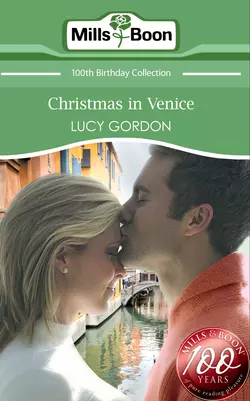Christmas in Venice

Lucy Gordon
Тип: электронная книга
Жанр: Современная зарубежная литература
Язык: на английском языке
Стоимость: 150.68 ₽
Статус: В продаже
Издательство: HarperCollins
Дата публикации: 16.04.2024
Отзывы: Пока нет Добавить отзыв
О книге: Christmas in Venice, электронная книга автора Lucy Gordon на английском языке, в жанре современная зарубежная литература